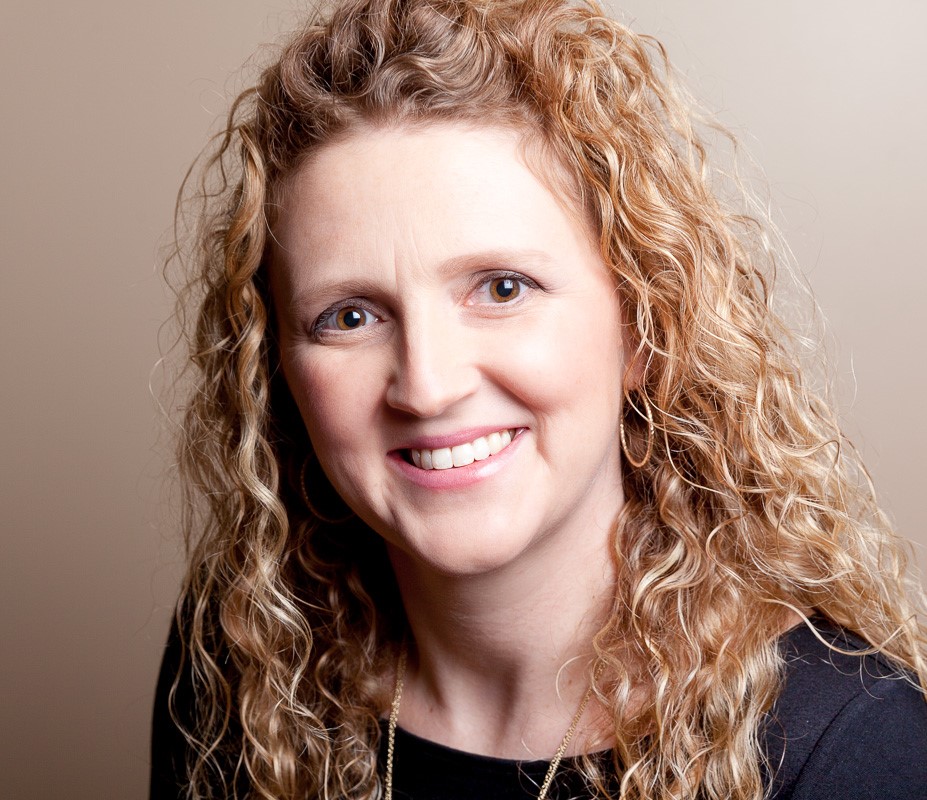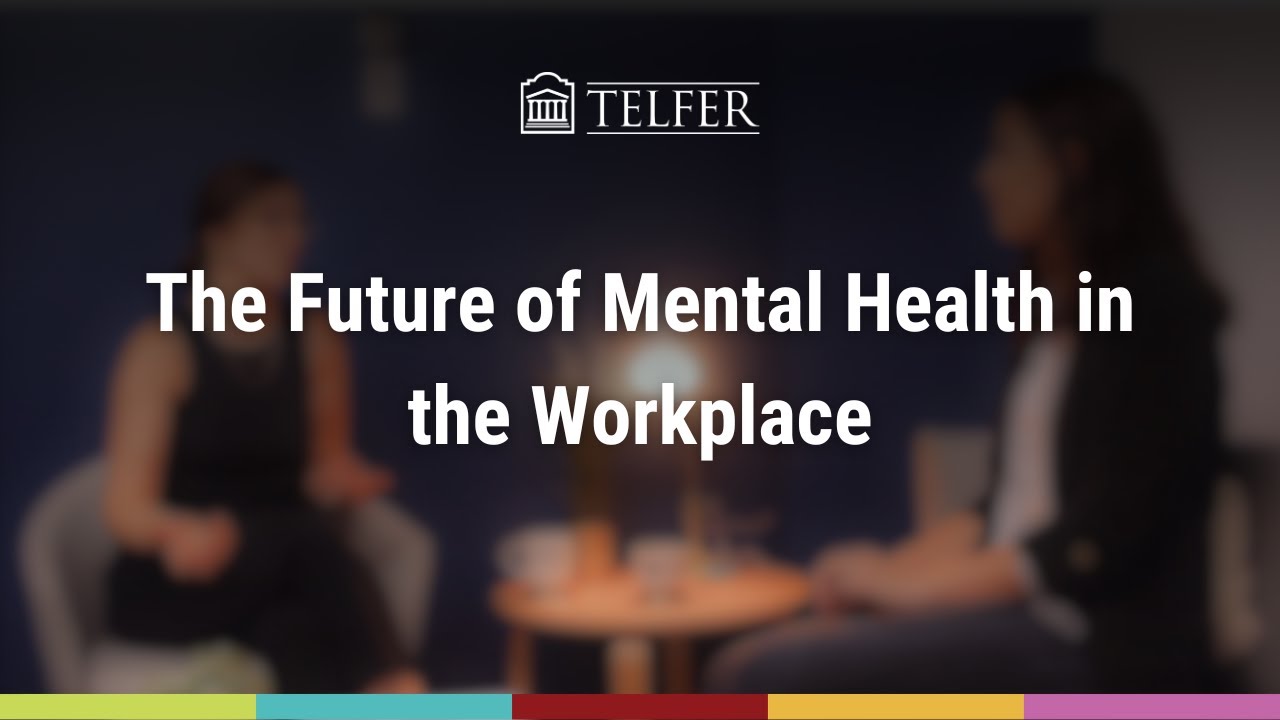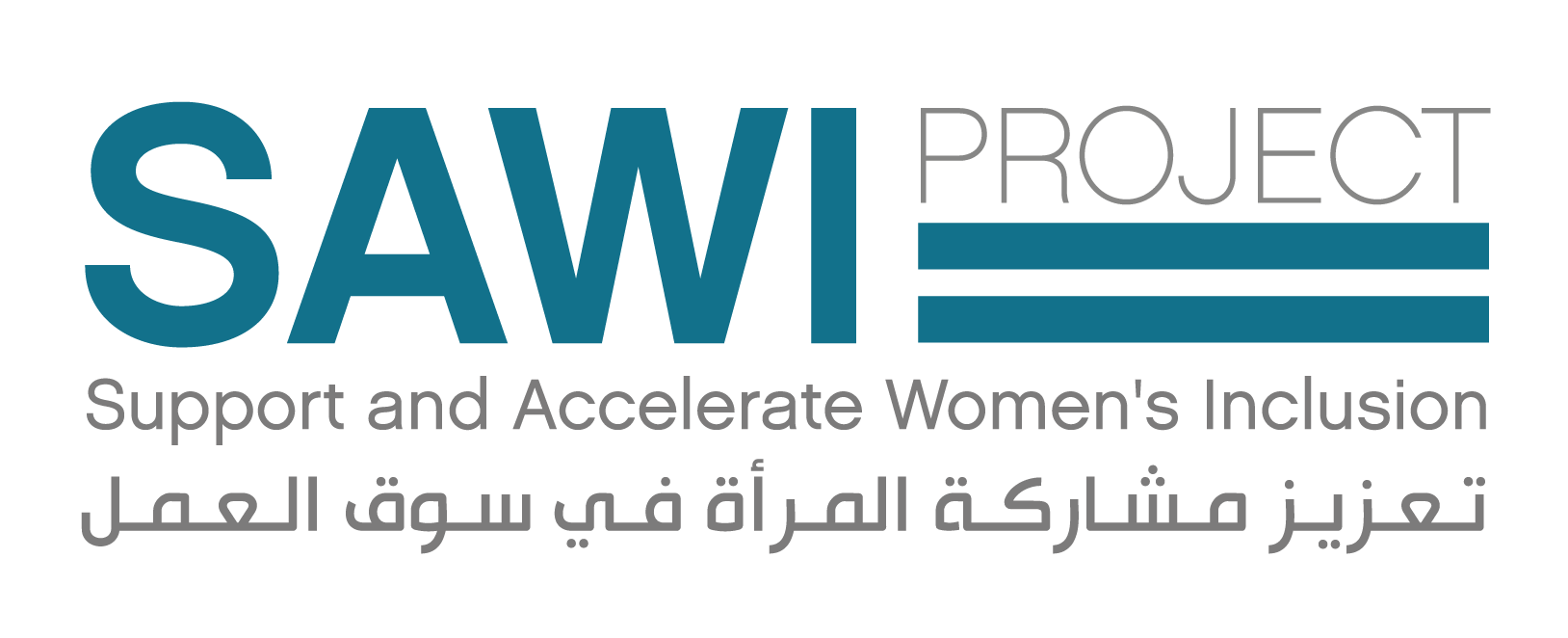In the last decade, social enterprises have drawn the attention of academics and practitioners.
The Social Enterprise Council of Canada defines a social enterprise as “a community-based business that sell goods or services in the marketplace to achieve a social, cultural and/or environmental purpose; they reinvest their profits to maximize their social mission.”
There has been increased interest in social enterprises as a pathway to inclusive growth and positive social change. At the same time, calls to examine the environmental factors that help ventures succeed (or fail) has brought attention to the role of ecosystems.
A collective of actors

Professor Madeline Toubiana has received a SMRG Research Grant to study, with PhD student Natalie Eng, the role of ecosystems and the ways they can be constructed by a collective of actors. For Toubiana, while we know that ecosystems are critical to social enterprises, we know little about how actors can construct social enterprise ecosystems.
Social entrepreneurs face challenges because they rely on others. Thinking in terms of ecosystems can be helpful to understand how stakeholders can assist them. In an ecosystem, everyone works together and the whole is greater than the sum of its parts. The social enterprise ecosystem has many participants — social entrepreneurs, academic institutions, businesses, government, and philanthropists.
Toubiana seeks to make a shift from agentic portrayals of social enterprises as “heroic” entrepreneurial endeavours. She, Eng and their team will explore the development of a social economy ecosystem development organization, ECOSO. ECOSO began with a mandate “to develop a strong social economic ecosystem” within a Canadian province. Comprised of social finance organizations, community funds, social enterprise incubators and support organizations, ECOSO presents an opportunity to study an attempt to create a social enterprise ecosystem over several years.
Research benefits
Toubiana is hoping that her research contributions will go beyond the scholarly world by providing insights to those involved in social ecosystems, helping members understand their role in creating and sustaining such a space and unpacking collaborative dynamics unique to social enterprises.











